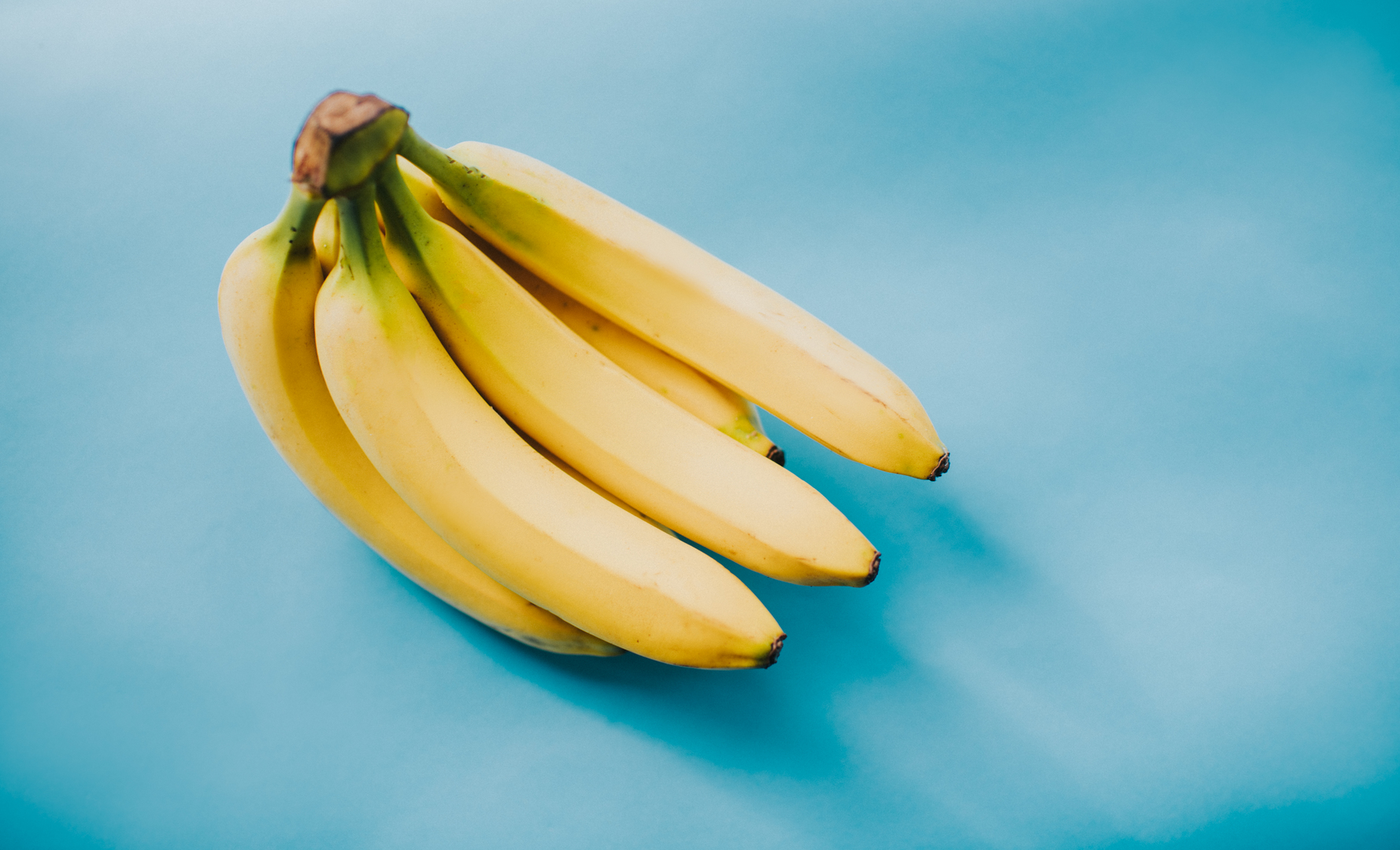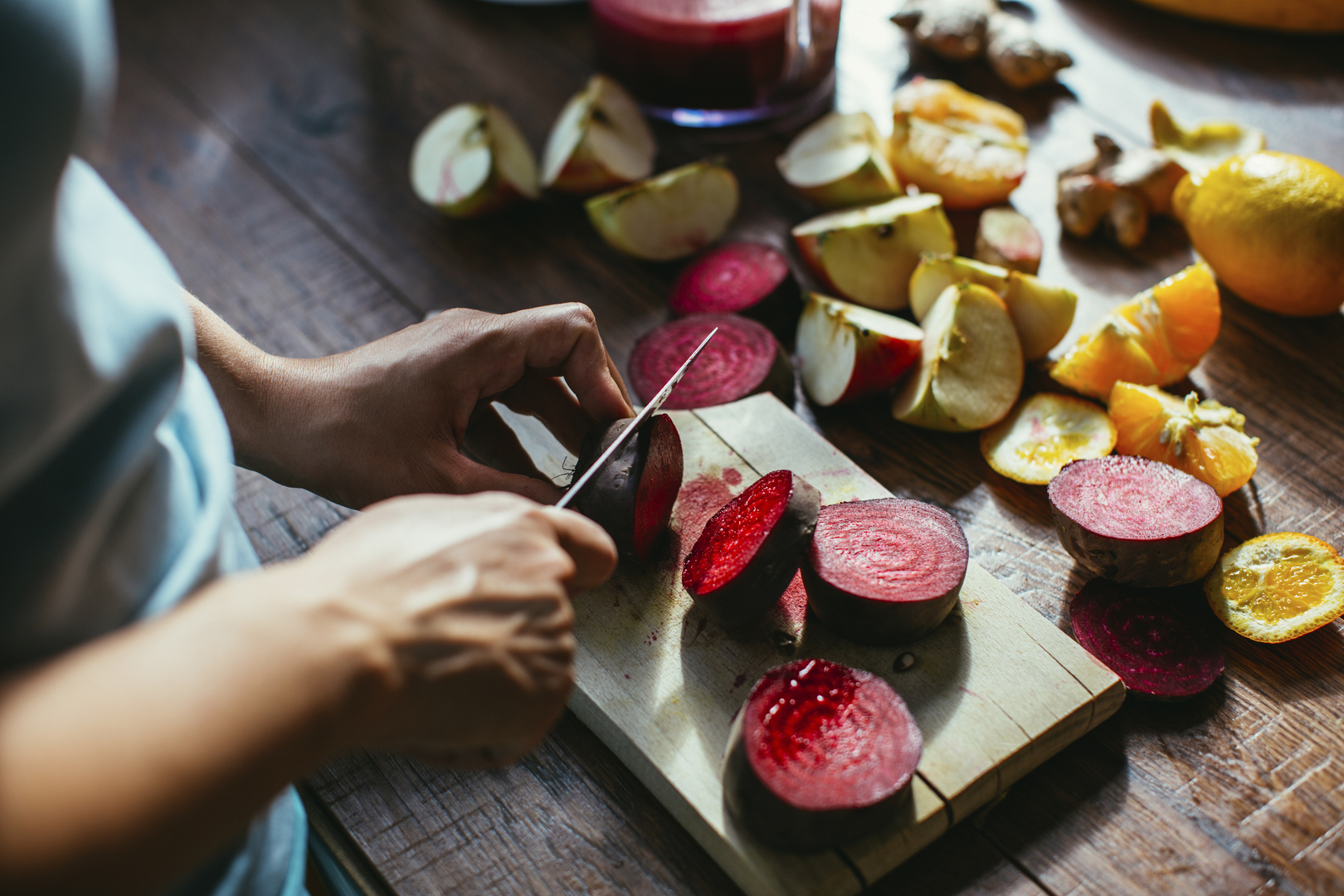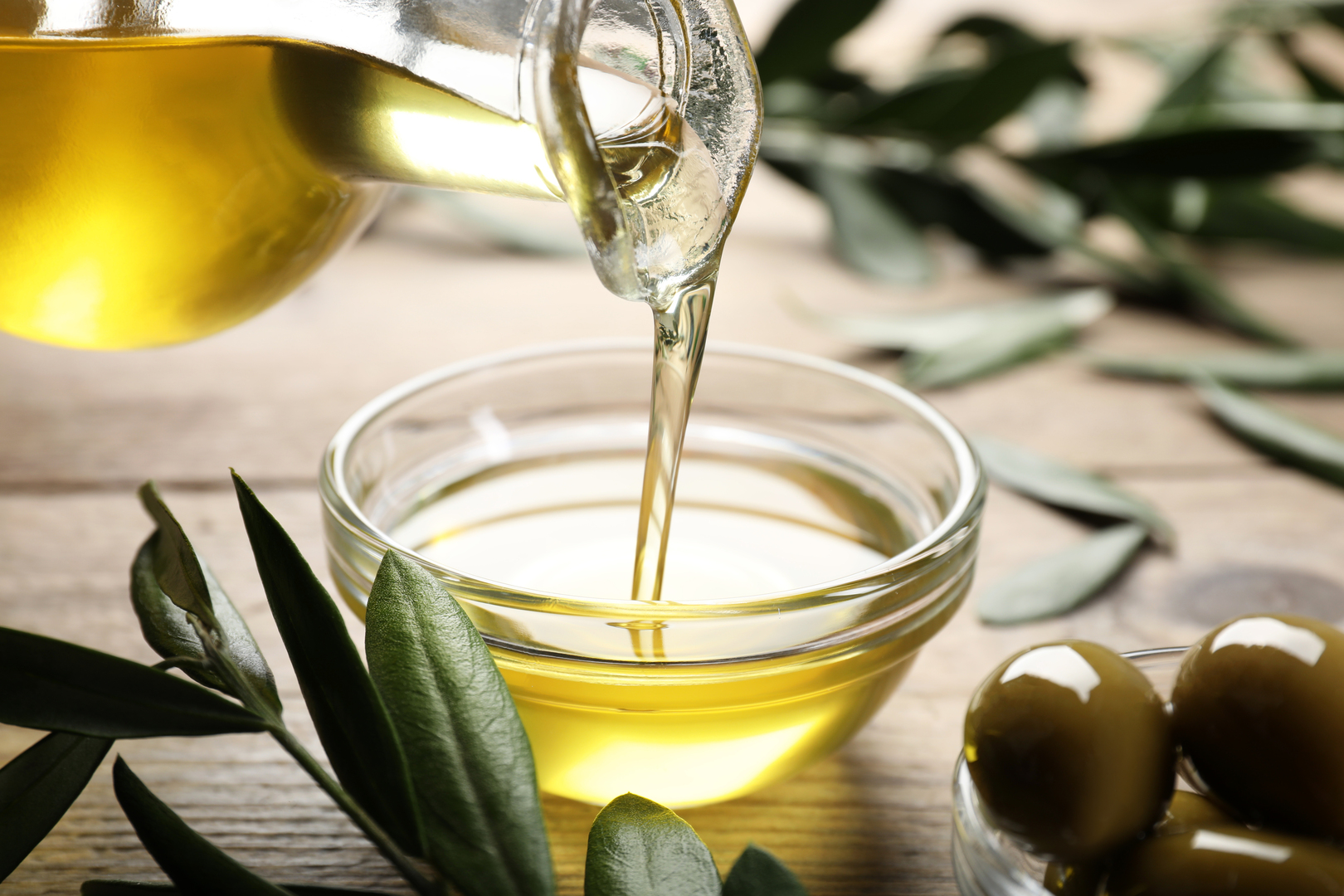14 Essential Foods to Include in Your Weekly Diet (Chocolate Included)
This month, Italian researchers captured attention with a new creation that might delight chocolate lovers: a chocolate biscuit designed to assist in weight loss.
Alas, this particular biscuit is not yet a product of McVitie’s. It remains a typical chocolate biscuit, enhanced with a bitter compound from the wormwood plant that encourages the release of hormones, helping consumers feel satiated.
Sound familiar? Indeed, while other scientists are focused on developing pills that replicate the naturally occurring hormone known as GLP-1, the team from the University of Eastern Piedmont has tackled the issue of obesity by modifying the sweet snacks that initially spark our cravings for sugar.
However, regardless of its potential effectiveness as an alternative to weight-loss medications like Ozempic, it’s important to note that a biscuit is still a highly processed item, bringing along various health concerns. Recent findings indicate that no single “superfood” can match the nutritional advantages provided by a diverse diet, especially one centered around a chocolate biscuit.
For example, incorporating various fruits, vegetables, whole grains, healthy fats, nuts, and legumes, alongside some fish and certain dairy items like yogurt, has been shown by Harvard researchers to enhance the likelihood of reaching old age without significant chronic diseases, as well as in good cognitive, physical, and mental health. A large study involving 450,000 cancer-free adults across nine European nations, backed by the World Cancer Research Fund (WCRF) and published in the European Journal of Cancer, revealed that individuals with the most diverse diets had a 23 percent reduced risk of developing gastrointestinal cancers in comparison to those with limited food variety each week.
“It’s crucial to consume a balanced and varied diet for cancer prevention,” states Dr. Helen Crocker, assistant director of research and policy at the WCRF. “Recent research indicates that variety even within a single food group—meaning the type of plant or animal it comes from—is also significant.” Although the specific mechanisms remain unclear, she adds, “finding these patterns, and potentially others for chronic diseases, validates that these types of diets are beneficial for our health.”
In contrast, sticking to a repetitive diet can lead to nutrient deficiencies. “It doesn’t need to be complicated or costly,” explains Dr. Linia Patel, a researcher from the Università degli Studi di Milano, and spokesperson for the British Dietetic Association. “The foods we require are staples; we should mix them as much as possible to incorporate a wide range of foods into our weekly menus.”
Here are 14 foods to incorporate into your diet weekly:

1. Bananas
Health experts consistently advise reducing salt to manage healthy blood pressure levels. However, a recent study published in the American Journal of Physiology by Anita Layton, a professor at the University of Waterloo in Canada, suggests that increasing dietary potassium relative to salt may have a more significant impact on blood pressure regulation. Bananas serve as an excellent source of potassium. “Adding more potassium-rich foods, such as bananas or broccoli, can significantly improve blood pressure management compared to merely reducing sodium,” Layton mentions. Additionally, bananas are rich in fiber and magnesium, both beneficial to heart health.
2. Oats
Oats are abundant in beta-glucan, a soluble fiber that slows digestion and enhances feelings of fullness. Research published last year in Current Nutrition Reports indicated that regular consumption of oats aids in weight management, appetite control, and supports a healthy gut microbiome. The less processed they are, the better. For instance, Irish oats, particularly the coarse cut jumbo variety, have a lower glycemic index compared to instant oatmeal, leading to lesser sugar spikes.

3. Beetroot
Athletes favor beetroot for its performance-enhancing qualities. The nitrates found in beetroot have been shown to significantly enhance muscular endurance and sprint power in a review involving over 2,600 participants. Yet, the benefits extend to everyday individuals too: studies at Penn State University revealed that daily intake of beetroot juice helps maintain healthy blood vessels, enhances circulation, and reduces future heart disease risks for middle-aged women.
“Foods high in nitrates, especially beets, are being examined as a natural, non-drug approach to protect heart and blood vessel health,” explains Jocelyn Delgado Spicuzza, the lead author of the study. Leafy greens, including beet greens, are also nitrate-rich.
4. Black Tea
While herbal and green teas are often considered the healthiest options, black tea offers comparable benefits. Packed with antioxidant-rich flavonoids, these plant compounds combat cell damage and reduce inflammation. A recent paper in the International Journal of Food Science discusses the anti-inflammatory effects and gut health benefits associated with black tea.
This month, research involving over 62,000 women and 23,000 men over 24 years by Professor Aedin Cassidy at Queen’s University Belfast suggested that diet rich in flavonoid sources like black tea may promote healthier aging.
“Flavonoids are widely recognized for mitigating oxidative stress and inflammation, supporting vascular health, and assisting in preserving muscle mass—crucial for preventing frailty and maintaining both physical and mental health as we age,” Cassidy states. Researchers found that consuming two to six cups daily can confer health benefits.

5. Nuts
Incorporating nuts into your diet stands out as one of the most effective health strategies, and the more variety of nuts consumed, the better. “Nuts provide a complex array of nutrients including fiber, omega-3 fatty acids, protein, and polyphenols, which contribute to lowering chronic disease risks,” notes nutritionist Eli Brecher. Studies from Norway indicated that regular nut consumption could significantly decrease the risk of heart diseases, cancer, and other health issues. A recent study at the University of Reading found that walnuts improve cognitive function among young adults.
6. Oranges
Oranges and other citrus fruits are an excellent source of vitamin C, which supports the immune system, along with fiber. Regular consumption aids the growth of beneficial gut bacteria, which in turn encourages the secretion of mood-enhancing neurotransmitters like serotonin and dopamine. Harvard scientists indicated that consuming an orange daily might lower the risk of depression by up to 20 percent. Moreover, an Australian study suggests it’s linked to a 60 percent reduced risk of macular degeneration, a major cause of blindness.
7. Apples
Apples, known for their flavonoid content, were highlighted in Cassidy’s research as beneficial for healthy aging. Participants who upped their flavonoid intake, including apples, by three servings a day experienced a decrease in frailty and mental decline risk. Research also showed a correlation between apples and improved gut bacteria diversity, which plays a role in regulating blood pressure.

8. White Button Mushrooms
The consumption of mushrooms is associated with a reduced risk of cancer according to a review of 17 studies covering over 19,500 cancer patients, published in Advances in Nutrition. All types of mushrooms are rich in vitamins and antioxidants; daily consumption of just 18g was linked to a 45 percent lower cancer risk.
While exotic mushrooms like shiitake and oyster boast higher levels of ergothioneine, a powerful antioxidant, white button mushrooms also provide health benefits. A recent “food as medicine” trial demonstrated that white button mushroom intake could help decelerate prostate cancer spread.
“Plant-based substances may one day augment traditional cancer treatment and prevention,” remarked Professor Shiuan Chen, who led the study.
9. Yogurt
Why invest in expensive fermented foods when yogurt offers remarkable benefits at a fraction of the cost? Yogurt, like its milk origin, is high in iodine, vitamins D, B2, B12, zinc, protein, and calcium. It contains beneficial bacteria that contribute positively to gut health.
Maria Branyas Morera, recognized as the world’s oldest person at the time of her passing at age 117, credited her longevity to her daily consumption of yogurt. Moreover, a study involving over 150,000 individuals stated that those who enjoyed two or more servings of yogurt weekly exhibited lower rates of certain colorectal cancers as they aged.

10. Olive Oil
Switching from butter to olive oil, which is rich in monounsaturated fatty acids, including oleic acid known for its anti-inflammatory properties, is a highly beneficial dietary change. “Olive oil contains vitamins E and K, along with polyphenols and antioxidants that may lower disease risks,” states Patel.
Recent studies involving data from approximately 200,000 people over 30 years found a connection between higher plant-based oil intake, such as olive oil, and reduced risks of premature mortality from cancer and cardiovascular issues. Conversely, butter was linked to increased cancer death risks.
In fact, reducing butter by just 10g per day in favor of olive oil could lower cancer mortality risks by 17%, the research indicated.

11. Eggs
Once wrongly considered detrimental to heart health, eggs are a rich source of essential nutrients. The yolks provide amino acids, omega-3 fatty acids, and vitamins D and B12, along with significant choline levels which contribute to metabolic and cognitive functions. “The yolks are also loaded with leucine and zeaxanthin, both vital for healthy eyes,” states Patel.
Research from Rush University indicated that older adults consuming more than one egg weekly had a 47 percent reduction in Alzheimer’s disease risk. Notably, 39 percent of this protection is attributed to the choline content. The NHS doesn’t set a limit on egg consumption, and generally, one to three eggs per day is considered safe for most healthy individuals, including as ingredients in recipes.
12. Beans, Peas, and Lentils
According to the National Diet and Nutrition Survey, UK adults currently consume an average of just 15g of dried pulses and 27g of legumes daily—significantly below the recommended 80g as part of a balanced diet. Research published by Professor Julie Lovegrove at the University of Reading highlighted that regular consumption of beans, peas, and lentils correlates with higher intakes of essential nutrients like fiber and vitamin E, as well as key minerals such as iron.
Consider adding beans to curries or swapping out some meat for lentils in spaghetti bolognese for an easy way to increase your intake, suggests Lovegrove. “These foods are nutritious, versatile, budget-friendly, and environmentally sustainable.”
13. Berries
While certain berries often receive the title of ‘superfood’, all are good sources of vitamin C, fiber, and anthocyanins—the pigments responsible for the vivid colors in berries—and their benefits are substantial. Cassidy recommends incorporating a mix of red, blue, and purple berries into your diet.
Providing at least three to four servings of berries weekly significantly lowers risks for heart disease, dementia, and conditions like type 2 diabetes. Higher berry consumption is also associated with greater gut microbiome diversity, integral for overall health maintenance.
14. Dark Chocolate
If you’re still yearning for a sweet treat, a few squares of dark chocolate serve as a healthier choice compared to a chocolate biscuit. Dark chocolate containing 70% or more cocoa offers flavonoids with antidiabetic, anti-inflammatory, and antimicrobial benefits, as cited in a review in Current Research in Food Science. Regular consumption also aids brain health and reduces mental fatigue in older adults whose diets lack flavonoids.
“Dark chocolate contains some magnesium and antioxidants,” Patel mentions, adding that studies suggest the stearic acid found in it may help slow digestion and promote a feeling of fullness.




Post Comment